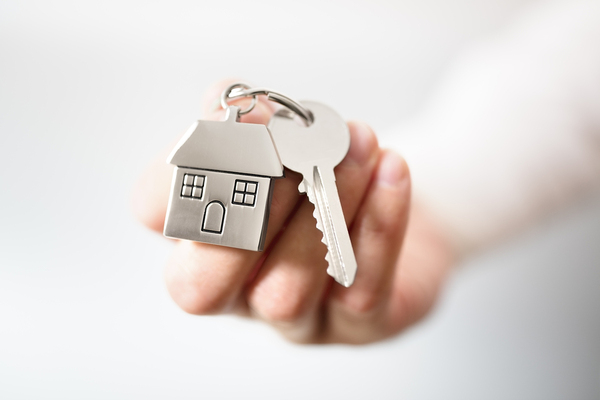What Rights Do Renters Have?
 You are excited about your new rental, but what are your rental rights?
You are excited about your new rental, but what are your rental rights?Are you planning to rent a home? If so, you need to know your rights as a tenant. You may never need to talk with your landlord about these rights, but it is important to know what they are, just in case an uncomfortable or unpleasant situation occurs in which you feel your rental rights have been violated or ignored.
Your Rights as a Renter
While it can feel like that lovely apartment is being held in the hands of a landlord who gets to decide exactly who can rent the apartment, you do have some rights as a tenant as well. As a renter, you have rights in a few different areas:
- Your landlord must disclose certain information about the property itself.
- You need to know the terms of the rental agreement.
- The landlord-tenant relationship must be free from discrimination.
What are the specifics of your rental rights?
- There could be rent control. Find out if the rents are managed in your building, and if so, what the parameters are in case the rent changes.
- The property should be a healthy place to live. For instance, it needs to be structurally sound, clean, and free of mice and rats. All of the fundamental elements of the home such as electricity and hot water should work well.
- The landlord must be able to access the property, but there are guidelines that state when and how the landlord can get access. These rules can vary in an emergency such as a flood when there could be property damage if the landlord does not enter the suite.
- There are rules around evictions. These vary from place to place. If you find yourself in the unfortunate circumstance of being evicted, make sure that you know the local rules around evictions.
- The landlord should not discriminate based on your gender, religion, origin, disability, or family status. Some states have rules around discrimination about marital status and sexual orientation as well. However, there can be other rules involved in a rental, such as rentals that do not allow pets.
_600x.jpg) Your landlord is responsible for ensuring that your home is safe and well-maintained.
Your landlord is responsible for ensuring that your home is safe and well-maintained.What Happens If There is An Accident?
What happens if you are walking down the stairs and your foot goes through a hole in the rotten step, sending you flying? Is the landlord liable because he or she did not fix the steps? What happens if you fall, but it is not due to a rotten step but could be due to the way the steps are built? Can you sue the landlord?
Before you have a problem, check with the local laws to see who has the responsibility if an accident occurs on your rental property. Be proactive about maintenance as well, letting your landlord know if there is a problem so that no one gets hurt.
How Much Communication Must Occur?
Does the landlord need to disclose everything about a property before you move in? For instance, if the upstairs neighbors are loud and have wild parties every weekend, you will not know this if you visit the apartment on a Monday night. What if something else happened on the property, such as personal violence? Does your landlord need to tell you about that?
Here, the law varies from place to place. Some areas state that your future landlord needs to disclose the fact that a suite has a history, while others do not. In this case, it is best to talk to those who already live there to learn more about your prospective neighbors or the unwritten rules of behavior in a building.
At Open for Homes, we want you to find success as you rent or buy a home. Whether you are investing in your first home or looking for a new rental, we are here to give you advice. Take a look at the blog at Open For Homes and learn more about your home choices.

